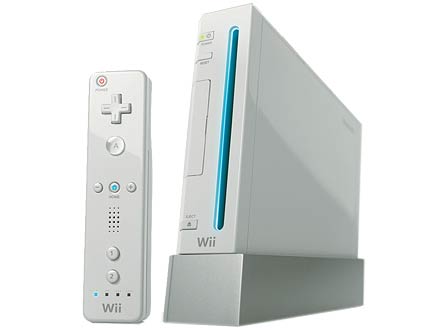Will Microsoft ride Kinect tiger or go Wii Wii Wii all the way home


The Wii was a cool game machine. It still is. It has created a huge market for games, and for new types of games. But it is, in the end, just a gaming interface, and that's all it's ever going to be, because that's the way Nintendo likes it.
Back in the mid-1990s, when David Sheff wrote his book "Game Over: How Nintendo Conquered the World," this proprietary attitude was controversial. It still might be, if Nintendo held a games monopoly. But it doesn't, partly thanks to that same attitude.
Has Microsoft learned the lesson?
As I noted Friday, Microsoft has backed down from earlier legal and technological threats against the programmers who turned Kinect into a general computer interface. But now Google's Matt Cutts has tweaked the Green Monster with his own contest for the best Linux and open source applications using the device.
Note that this is not a Google contest. It's a Matt Cutts contest. He just happens to work at Google.
As our Adrian Kingsley-Hughes notes, the Kinect's parts cost just $56. Even at $149, that's a healthy profit margin, but he also notes that Microsoft's research costs mean it must sell "a lot of Kinect devices to turn this one into a serious money spinner."
Matt Cutts has shown how it can do this. Don't think of Kinect as a game device. Think of it as a general interface, one that opens new markets in robotics, an area co-founder Bill Gates himself insists is going to be huge.
It shouldn't matter to Microsoft whether Kinect applications run on Linux, Windows, or the XBox' proprietary game system. Given that it's Microsoft technology, this could be the greatest thing to hit Windows in decades, if the company plays it right.
That means openness.
It means producing enough devices to satisfy the whole market. It means flooding the zone with conferences, shows, and seminars dedicated to Kinect applications. It means separating the Kinect from the XBox entirely (in a business sense) and adding several zeros to Cutt's prize fund.
I know what Bill Gates would have done, had this kind of opportunity fallen into his lap say, 15 years ago. They would be burning the midnight oil in Redmond, looking for new factories to build Kinect systems and parts, looking for ways to make it for less than $56, looking to create OEM and ISV channels.
Or they can be like Nintendo, have a nice little game interface, sue the pants off anyone who comes up with anything similar, and let patents fight innovation rather than encourage it.
UPDATE: The open source Kinect project has been named libfreenect. You can find it at Github.